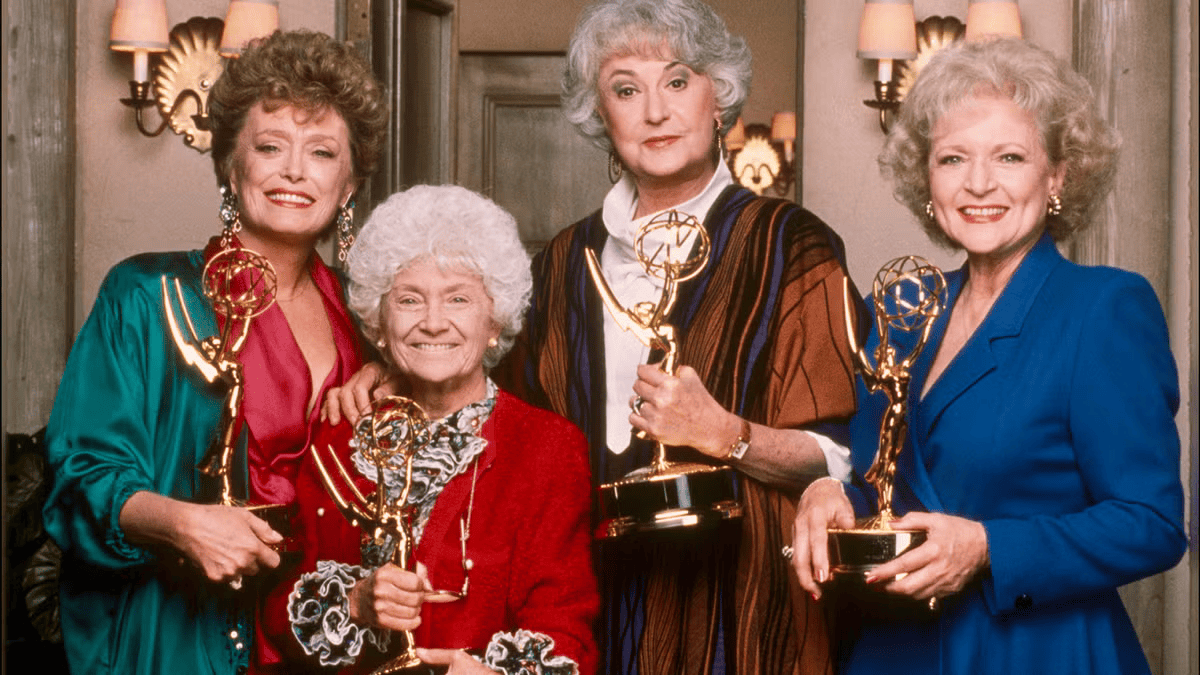Beyond the Laughter: The Golden Girls and Breaking Taboos
When we think of The Golden Girls, we often picture cheesecake, witty one-liners, and the enduring bond between four incredible women. But beneath the laughter and the sunny Miami setting, this iconic 1980s sitcom was quietly, yet powerfully, tackling groundbreaking topics that were rarely, if ever, discussed on prime-time television. The Golden Girls didn't just entertain; it paved the way for future series by bravely addressing issues like aging, sexuality, LGBTQ+ rights, and social injustice with sensitivity, humor, and a surprising amount of foresight.
In an era where older women were often relegated to background roles or caricatures, The Golden Girls put them front and center. It shattered stereotypes about aging, portraying women in their 50s, 60s, and even 80s (Sophia!) as vibrant, independent, and still very much engaged with life, love, and career. They dated, they argued, they pursued passions, and they showed that growing older didn't mean becoming invisible. This was a radical concept for 1985 and offered a refreshing counter-narrative to the prevailing media landscape
 |
 |
Perhaps even more boldly, the show openly discussed sexuality among older adults. Blanche Devereaux, in particular, was a revelation. Her unapologetic pursuit of romance and intimacy challenged societal norms that often desexualized older women. The show normalized the idea that desire and connection are ageless, prompting conversations that were long overdue and opening doors for more diverse portrayals of senior characters in subsequent series.
Beyond personal lives, The Golden Girls was a quiet champion for LGBTQ+ issues during a time when representation was scarce and often negative. Episodes featured gay characters, addressed the stigma surrounding AIDS, and explored themes of acceptance and prejudice with a nuanced understanding. Sophia's brother, Angelo, came out, and Blanche's gay brother, Clayton, visited, bringing discussions about family acceptance and societal attitudes to a mainstream audience. These were not token appearances; these storylines were integrated into the characters' lives, fostering empathy and understanding among millions of viewers.
Furthermore, the series didn't shy away from broader social injustice. It tackled homelessness, racial discrimination, elder abuse, and the challenges faced by immigrants. Through the experiences of Dorothy, Rose, Blanche, and Sophia, viewers were exposed to complex social issues, often with a balance of humor and heartfelt sincerity. The show consistently demonstrated that these women, despite their sometimes sheltered lives, were aware of and affected by the world around them.
The Golden Girls was, in many ways, a Trojan horse. It delivered poignant social commentary wrapped in an irresistibly funny package. By normalizing conversations around sensitive subjects and humanizing often marginalized groups, it laid crucial groundwork for the more diverse and inclusive storytelling we see on television today. This beloved 80s sitcom proved that a show about four "golden girls" could be more than just entertainment; it could be a powerful force for change, inspiring future generations of writers and viewers alike.